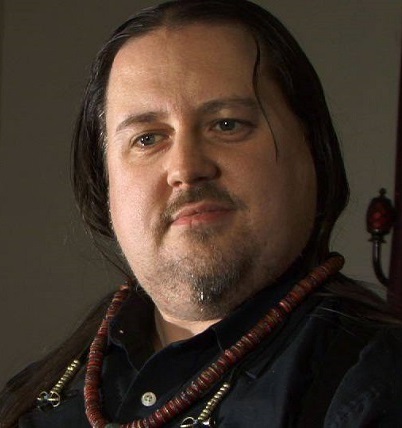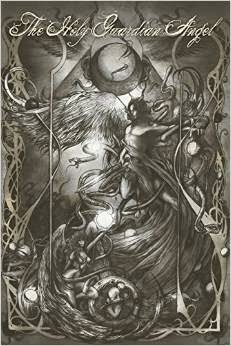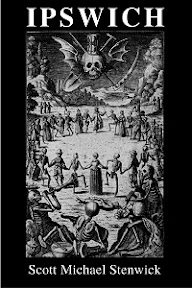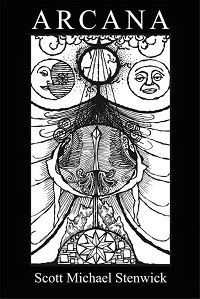Back in the early days of European medical science obtaining cadavers for dissection was illegal. As medical schools began to realize that working on human rather than animal bodies was essential to education and research, a new criminal profession emerged - that of the so-called resurrectionist. The term did not describe the practice of bringing the dead back to life, but rather that of professional grave-robbing. Resurrectionists would keep an eye out for newly dug graves, secretly exhume the bodies, and sell them to medical schools and researchers. Today in Africa a similar profession has emerged, but the resurrectionists there do not work for scientists. Instead, the body parts they procure are sold to traditional magical practitioners for use in spells. Five people were recently arrested in Cameroon attempting to deliver a human head to a buyer in Yaounde.
Those arrested told the authorities that they had been promised 10 million CFA francs in exchange for the head. As it was in Europe, the African trade in body parts appears to be profitable enough that an effective crackdown will likely prove quite difficult. The original resurrectionists were not stopped by increased law enforcement, though many cities did enact measures intended to shut them down. Instead, the development of legal methods for medical schools and universities to obtain bodies rendered the grave-robbing trade obsolete. Its hard to see how something similar could work in places like Cameroon, as I can't imagine very many people wanting to donate their bodies to sorcery rather than science.
Authorities in Cameroon have arrested five people suspected of trafficking in body parts after they were discovered at a checkpoint carrying a severed human head, state radio and wildlife conservationists said on Tuesday.
Body parts of humans and rare animals are prized by some in central Africa for their supposed supernatural powers, and used in occult ceremonies.
Traffickers often get human remains from grave-robbers, but a recent spate of killings has also been linked to the gruesome trade.
Cameroon's state-owned broadcaster CRTV said the suspects had been transporting the body parts in a bag along with elephant meat from Djoum, a small town about 280 km (170 miles)south of the capital Yaounde, when they were stopped at a checkpoint.
Those arrested told the authorities that they had been promised 10 million CFA francs in exchange for the head. As it was in Europe, the African trade in body parts appears to be profitable enough that an effective crackdown will likely prove quite difficult. The original resurrectionists were not stopped by increased law enforcement, though many cities did enact measures intended to shut them down. Instead, the development of legal methods for medical schools and universities to obtain bodies rendered the grave-robbing trade obsolete. Its hard to see how something similar could work in places like Cameroon, as I can't imagine very many people wanting to donate their bodies to sorcery rather than science.

























No comments:
Post a Comment